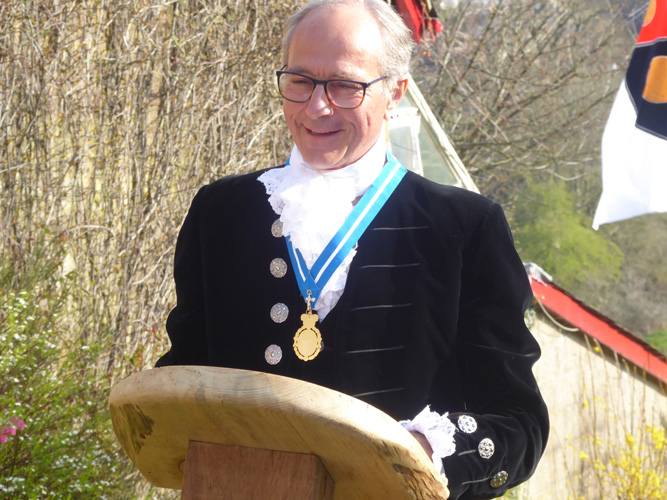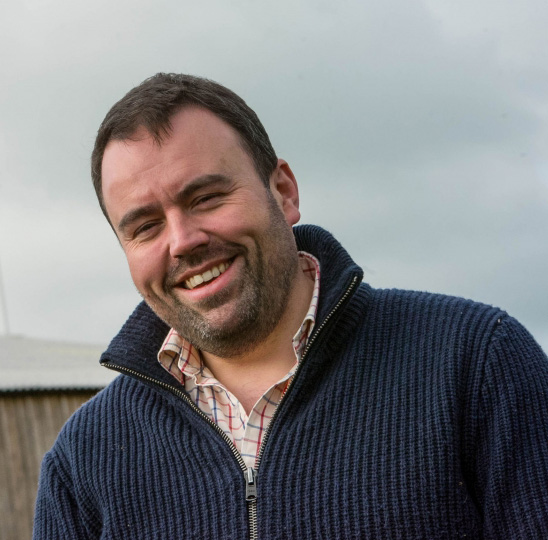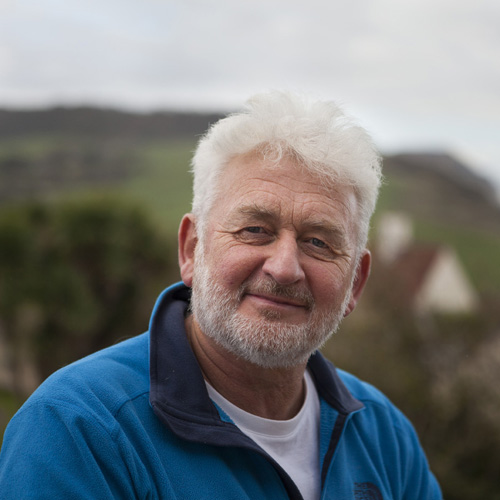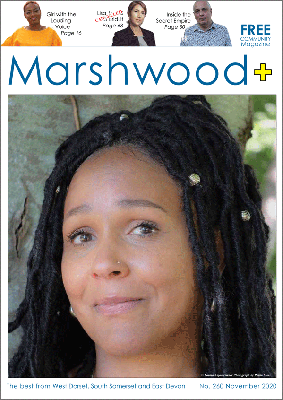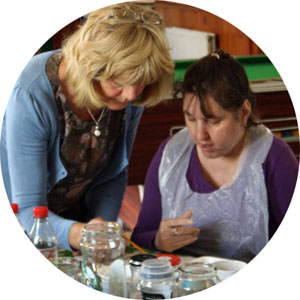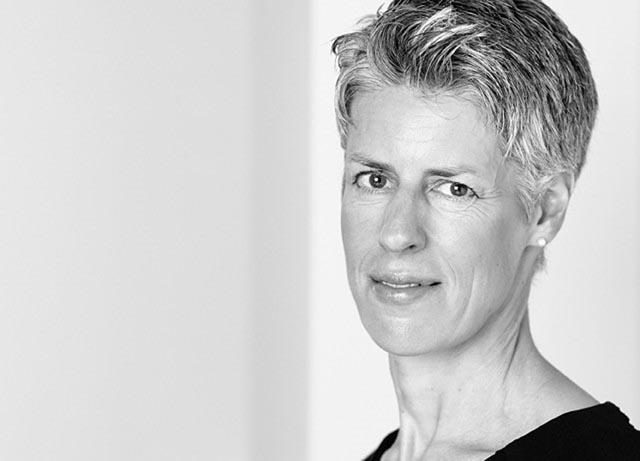This year’s High Sheriff of Dorset, George Streatfeild, has lifted the role out of the doldrums of a pandemic to keep it relevant. He spoke to Fergus Byrne.
At the end of 2001, in an article in this magazine, George Streatfeild described the previous year as an ‘annus horribilis’ for farming. A build-up of various economic pressures; a number of food scares; Bovine Spongiform Encephalopathy (BSE) and the devastating outbreak of foot and mouth disease—not to mention growing environmental concerns—had made farming harder than ever.
Nineteen years later, running Denhay Farms in Broadoak, George is now two-thirds of the way through his year as High Sheriff of Dorset. One might expect him to describe 2020 in the same terms as he did all those years ago. After all, as the county’s representative of the Monarch, he might simply be echoing a term that the Queen herself has used on more than one occasion.
However, despite COVID-19’s interruption of his expected duties, George is not only philosophical about how the pandemic has impacted on his schedule; he is also determined to keep the role relevant.
Speaking from his home in Broadoak he summarised his role: ‘It’s not a traditional year, and definitely the job is not as advertised, but it is highly rewarding. All the standard invitations have gone by the board. I went to County Hall for the remembrance event and I think that was the fourth official engagement I’ve had this year—as opposed to about the 104th. All those have gone. But on the other hand, I’ve met some amazing people and talked to some fantastic charities and individuals doing wonderful things for their communities. And these are people I would not necessarily have come across had I been doing the traditional High Sheriff bit.’
The traditional role of High Sheriff has changed somewhat since the days when he would have been expected to collect taxes; judge court cases; pursue felons or even raise an army to support the Sovereign of the day. It wasn’t necessarily a popular job and to ensure the person chosen didn’t try to avoid taking the post, their name was highlighted by pricking a hole on vellum so the mark could not be erased. It is an unpaid job and in those days if the High Sheriff didn’t manage to collect sufficient taxes for the crown, he had to make up the shortfall himself. Thankfully, those tasks were gradually allocated to different departments of government throughout the centuries and today the job is mostly ceremonial.
However, George points out three things that he believes keep the job relevant, not only in general but especially in the middle of a pandemic.
The first thing he can do is say thank you, explained George. ‘And that’s not a small thing, because I’m not saying it as George Streatfeild, I’m saying it as High Sheriff who is the Monarch’s appointee. So, for example, if I go to the food bank in Bridport and say thank you for what you are doing, that is, if you like, with the Queen sitting on my shoulder.’
The second thing he can do is publicise the person or organisation that he is meeting and help more people to know they exist. ‘It’s very important that the role of High Sheriff is not seen as a personal role but one that allows you to highlight other people.’
The third thing that the role allows George to do is to bring groups together. Often he has talked with organisations and found that there were ways they could work together on similar initiatives and be more effective. ‘One of the things this year that has been stunning is that people have been prepared to communicate. Whether its neighbours or charities, in order to deliver what they need to deliver they have had to work together. It’s been good to try and help that process. I feel that all the High Sheriffs have done that quite well.’
Between lockdowns, George met with a wide range of charities and community organisations around the county helping to highlight the work that they are doing. As High Sheriff, he is entitled to give a special award to someone in the community that he feels deserves recognition. He made a recent surprise appearance on stage during the Bridport Literary Festival at the Electric Palace in Bridport to present an award to Tanya Bruce-Lockhart for all the work she has done in Bridport and Beaminster over the years.
However, George has taken the award aspect of his job a step further. ‘This year I came up with the concept of the High Sheriff’s Community Award’ he explained. ‘I’ve given out about thirty of these to organisations or charities or groups who I think have done fabulously well during the lockdown in support of their communities.’ He has presented these awards to organisations all around the county. In a whirlwind of visits, food banks in Beaminster, Christchurch, Bournemouth and Bridport; charities in Poundbury, Sherborne and Poole; community stores and restaurants in Haselbury Bryan and Weymouth, along with many other organisations and individuals around the county have been recognised and thanked by the High Sheriff.
He hopes to present members of some of these charities to people that may be able to further highlight their work at a future event. ‘There is a huge number of us in the county who do not know what’s happening down in the weeds’ he says. ‘And when you talk to people at the coal face of what’s happening, it’s quite instructive.’
One of the other key roles of his job is to take an active interest in the criminal justice system. ‘The role of the High Sheriff is you represent the Queen’s interests in the county, particularly criminal justice’ says George. ‘So I talk to the police and prisons, probations, courts, fire and rescue and all those organisations. And then I deal with charities that are trying to help people rehabilitate back into society. And the other area is charities that are preventing people from getting into the criminal justice system in the first place. And that is a massive group of organisations.’
In many towns and even villages around the county, a national drug distribution network known as County Lines has often made headlines. It is a huge issue for parents of teenagers and has affected even younger children as well. Young people are ‘groomed’ by older youths and adults and lured into becoming drug users and distributors. George believes the local police are very much ‘on it’ but also has concerns about those that may be influencing or unconsciously encouraging the system. He has challenged the police on what they are doing about what he describes as the middle-aged, middle-class people who take cocaine as a recreational drug. ‘That is the start of the chain’ he says. ‘If middle-class people stopped using cocaine as a recreational drug it would have a massive impact on the whole thing.’
These are some of the aspects of the role of High Sheriff that allow the job to be more meaningful rather than simply ceremonial. With its own uniform of black or dark blue velvet coat with cut-steel buttons, breeches and shoes with cut-steel buckles, it speaks of an ancient British tradition and George takes great pride in that. But he has hopes beyond the tradition and ceremony. ‘I do hope that it will be a defining year’ he says. ‘I do hope that we will develop the relevance to the modern world alongside those traditional bits. I’m a traditionalist through and through, but I also realise it’s got to be relevant to young people today. If it isn’t we’re on a hiding to nothing.’
To learn more about George’s year as High Sheriff and about the many charities and local initiatives he has met visit his website: http://highsheriffdorset.co.uk


